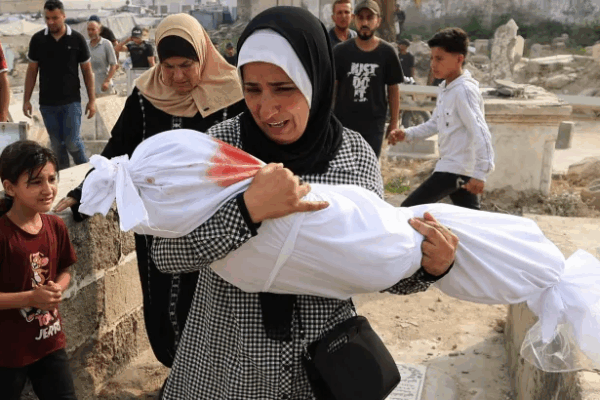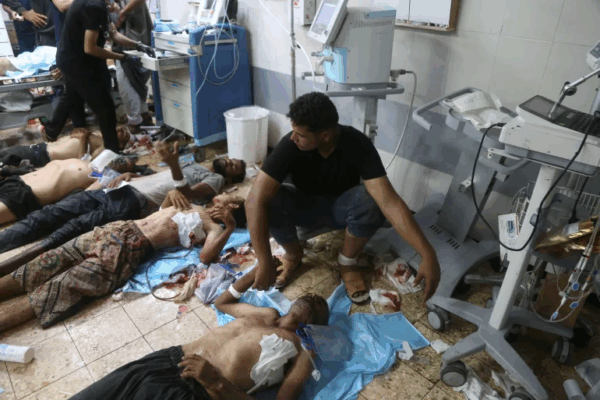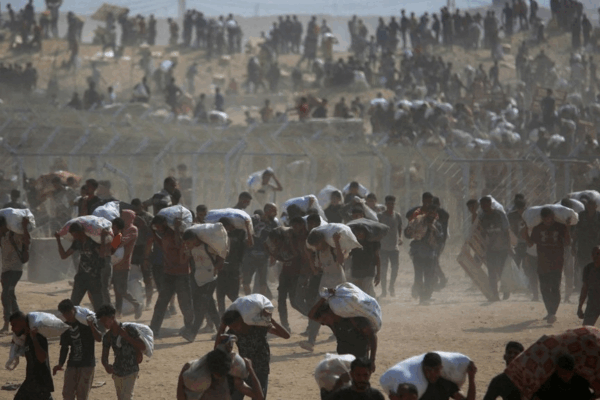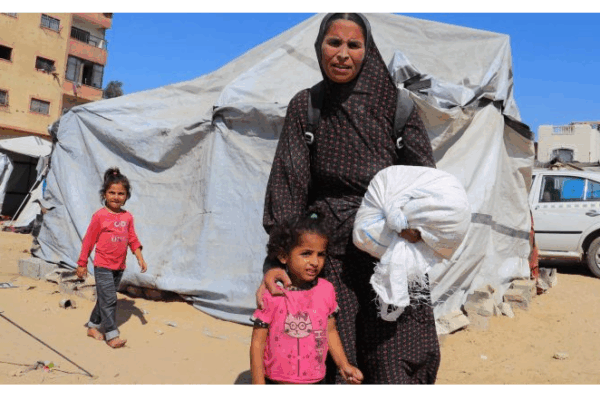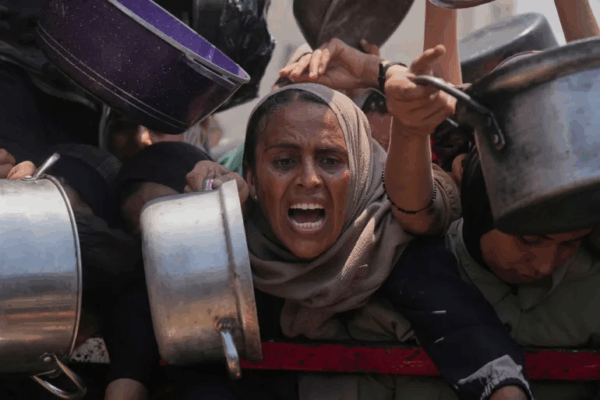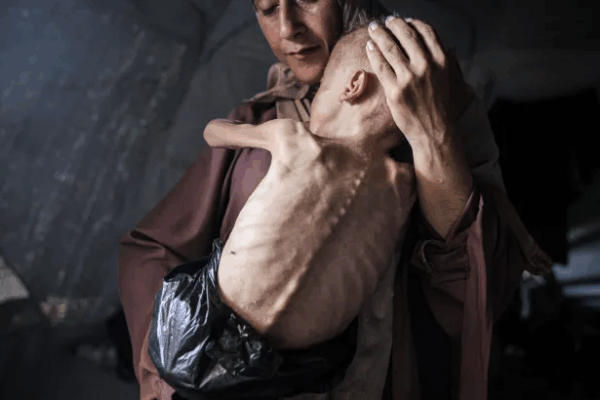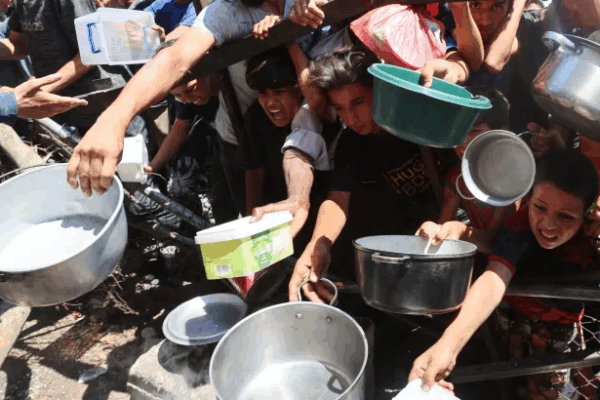By Kamal Yalwa | July 27, 2025 Images of starving children emerging from Gaza are beginning to stir discomfort—and in some cases, condemnation—among members of the United States Congress, as the humanitarian catastrophe in the Palestinian enclave worsens under Israel’s ongoing blockade. While a growing number of Democratic lawmakers have issued urgent appeals for humanitarian access to the territory, few have directly held Israel accountable for the deepening crisis, despite widespread international criticism of the siege. In a rare and scathing rebuke, Senator Bernie Sanders described Israel’s actions as part of a broader campaign of ethnic cleansing, saying on Friday, “Having already killed or wounded 200,000 Palestinians, mostly women and children, the extremist Israeli government is using mass starvation to engineer the ethnic cleansing of Gaza.” He further accused Prime Minister Benjamin Netanyahu’s government of pursuing an “extermination campaign.” Sanders’ statement came as outrage builds over the controversial GHF food distribution mechanism—backed by the US and Israel—which has reportedly led to the deaths of over 1,000 Palestinians attempting to access aid. Despite this, most members of Congress have stopped short of attributing blame. Many have instead opted for generalized calls for aid to enter Gaza, avoiding criticism of Israeli policies directly responsible for restricting access. The lack of accountability is striking given that the United States continues to supply military support to Israel. Just last week, the House of Representatives passed a bill approving $500 million in missile defense funding for Israel, reinforcing the strong bipartisan support the country has long enjoyed on Capitol Hill. Meanwhile, humanitarian agencies and rights groups continue to sound the alarm, calling the situation in Gaza “man-made” and demanding immediate political intervention to lift the siege and allow aid to flow freely. As the death toll rises and hunger escalates, pressure is mounting on Washington to not only speak out—but to act.
